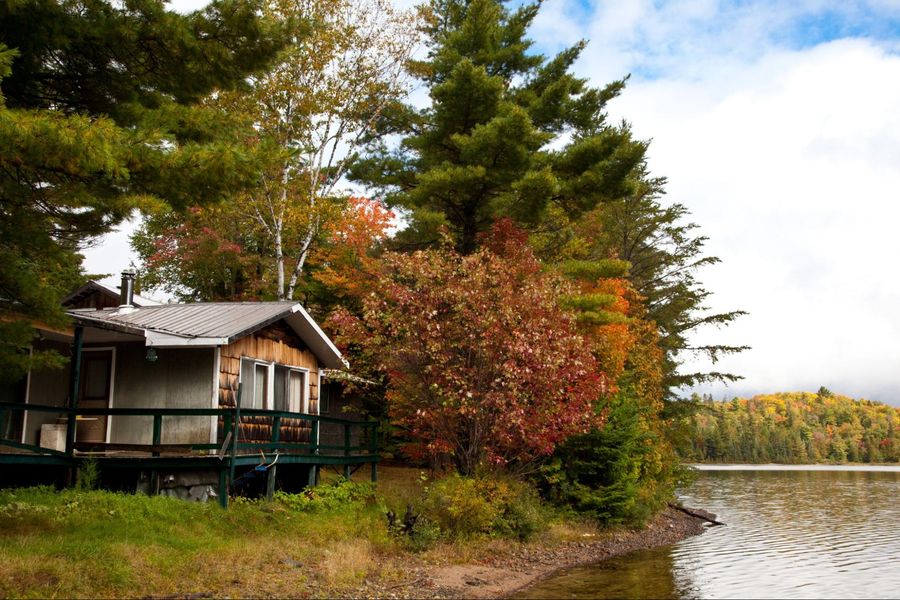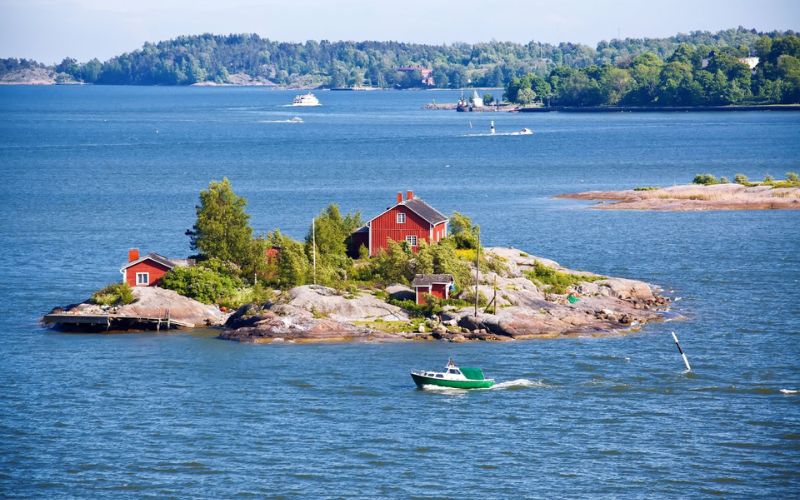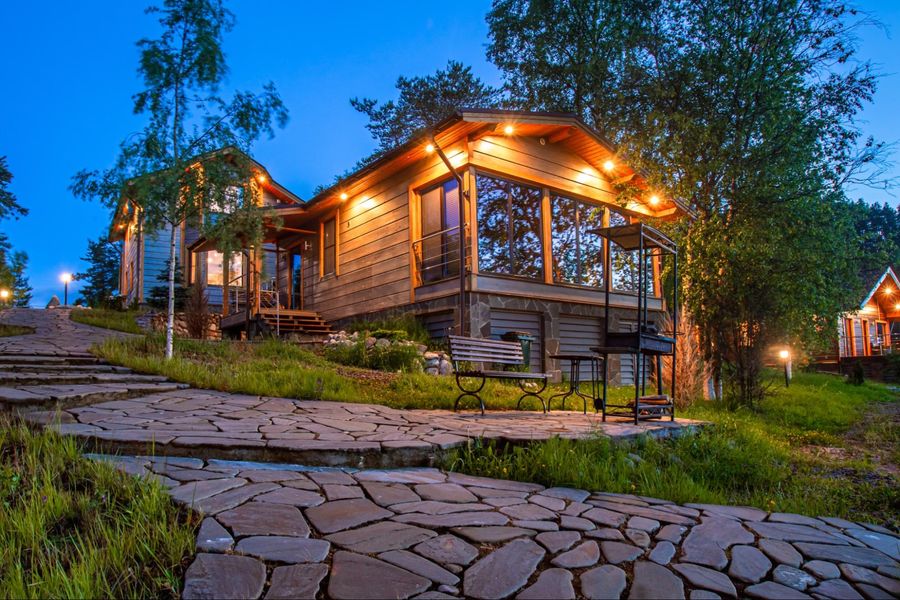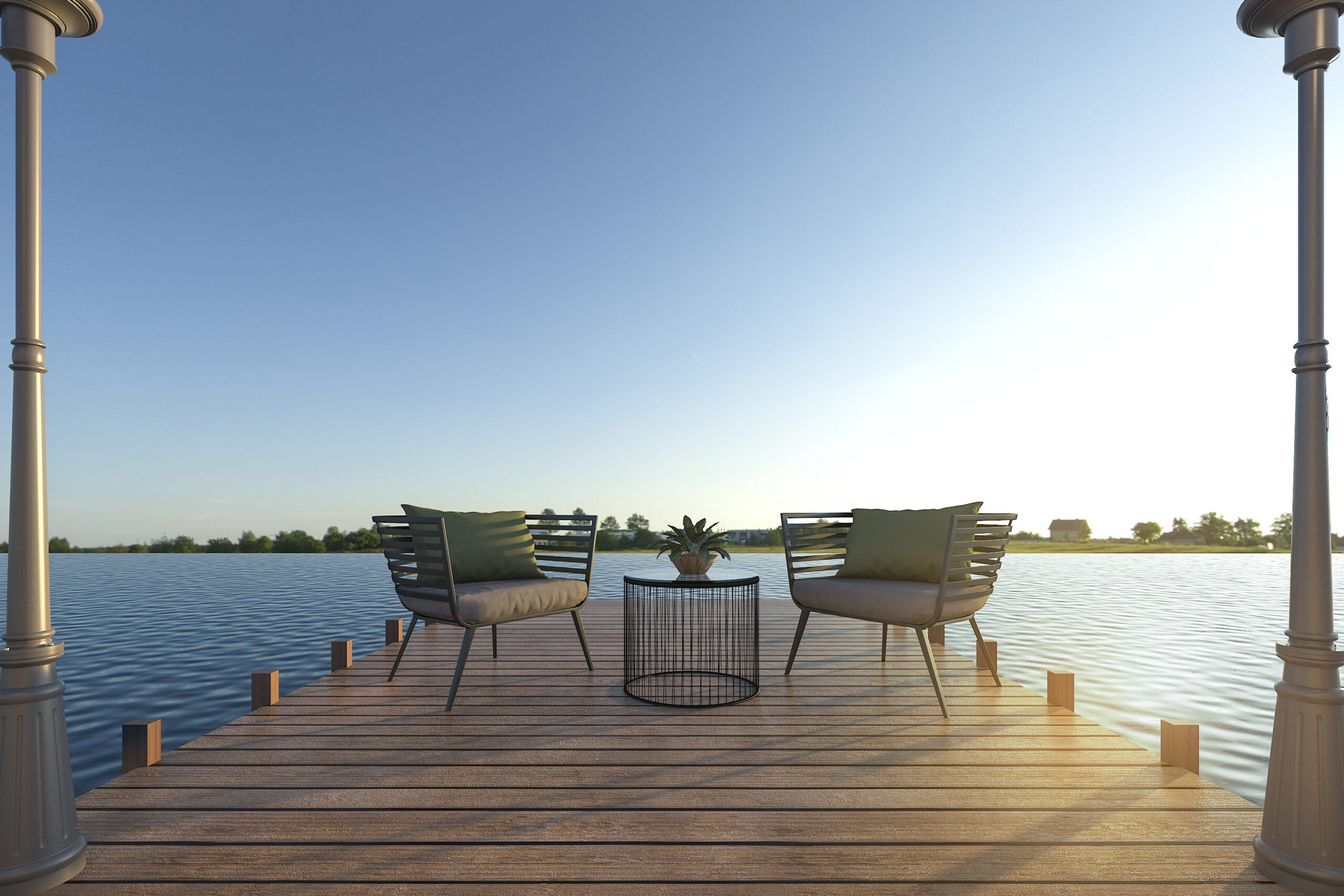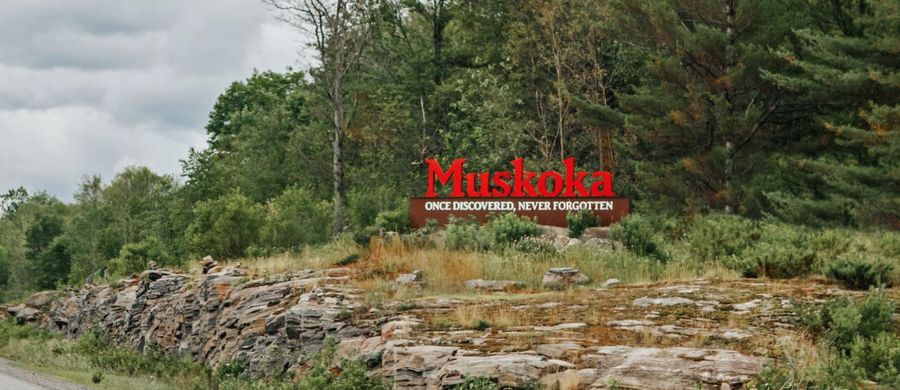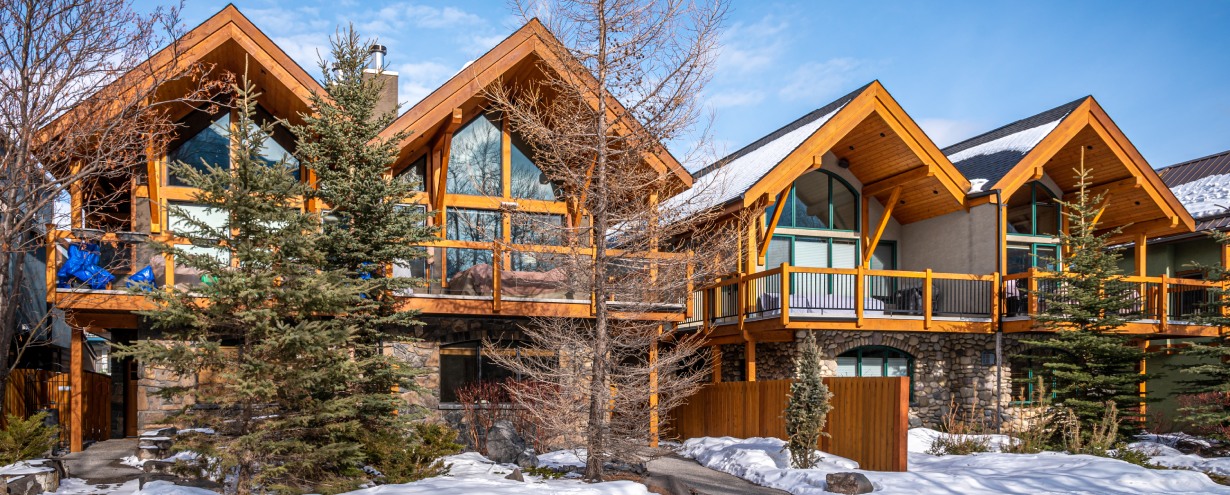Last Updated on October 24, 2023 by CREW Editorial
July is fast approaching, and many CREW readers have probably already put in their time staring at a computer screen, attempting to book a little corner of paradise for a few days this summer.
Canadians have proven themselves willing to pay a small fortune each year for a week of lakeside living, and vacation rental sites are filled with properties that command thousands for even the briefest of stays.
It seems like the perfect opportunity for investors to capitalize on both the fervent interest in temporary cottage life and the ease of keeping vacation properties tenanted through sites like Airbnb. But is it really?
Nine years ago, as a novice investor purchasing my very first investment property in Blue Mountain, Ontario, my answer would have been an emphatic “Yes!”
I envisioned a dream life of spending our weekends together skiing as a family while a steady stream of income flowed in from renters during the week. I was so convinced that we could have it all that it seemed only natural to extend the fun into the summer, so we ended up purchasing five acres of forest abutting a picturesque lake in Muskoka, with the lakefront portion cleared and ready for summer fun.
Our dream life was complete, right? Summers in Muskoka, winters in Blue Mountain? How could things go wrong?
Our vacation dreams were soon disrupted by a few harsh realities that we never considered before becoming cottage homeowners. Here are some lessons we learned that fellow investors should consider before making the leap from cottage renter to owner.
Lesson 1: Business or pleasure?
If you’re buying a cottage property for business and pleasure, you’re crossing a blurred line guaranteed to lead to loss of income and peace of mind. My advice is to choose one intention and stick with it.
If you’re buying for personal use, make sure you can afford it without any supplementary rental income and reward yourself with exclusive use of your property. On the other hand, if you’re buying for rental purposes, treat this property as a business from the start and see it through an investor’s lens, focusing on generating income and constructing a clear exit strategy in the event you need to sell.
The only exception to mixing business and pleasure when it comes to cottage properties is if you start off using the property to generate income with the end goal of using it for personal purposes.
Lesson 2: Know your numbers
Cottage properties require a more extensive income and expense spreadsheet than your average rental property, as far more variables need to be taken into consideration to make sure your investment is profitable.
Cottages are costly to run, and investors need to go into this investment being aware that these particular vacation properties are not assets, but liabilities. Even if your cottage home is intended to be a money-maker, they are notorious money pits – much more temperamental than your standard investment properties.
The features that make this type of property so desirable also make them very expensive to maintain. Carrying costs such as property taxes (especially for lakefront structures), insurance and utilities are substantially higher. Keep in mind that alternative heating sources such as oil or propane are often required; their prices can fluctuate wildly, too, punching a hole in your bottom line. And if your cottage is heated by a wood stove, insurance can be almost impossible to receive. Also, you can kiss goodbye the huge chunk of returns – generally between 30% and 50% – that you’ll inevitably have to allot for property management, cleaning and repairs.
Investors need to ensure income will exceed expenses and take the shoulder seasons into consideration. Although your vacation property can be a cash cow during peak cottage season, there are specific months of the year where rentals slow down and your property can sit vacant. Unfortunately, during these downtimes, your expenses still need to be paid, so make sure you do your numbers properly from the start. A good rule of thumb for vacation rentals is to calculate a 50% to 60% vacancy rate and make sure you have a contingency fund to get you through slow times.
Lesson 3: Buy it right
Financing cottages is very different than financing standard investment properties; this important fact needs to be recognized from the start. Mortgages are more difficult to receive on these types of properties, resulting in more money down, higher interest rates and higher monthly payments, especially if you’re buying properties with wells and septic tanks that sometimes have only seasonal access to main roads.
If this is a personal purchase and you’re not able to buy outright, keep your payments as low as possible and aim to pay off the mortgage quickly because it will be difficult to enjoy your holiday home if it becomes a financial strain. If it’s for investment purposes, try to avoid high-interest mortgages and private lending and pay close attention to condo costs and association fees so you can attempt to keep your carrying costs as low as possible.
When purchasing, don’t base your numbers on an income approach provided by the seller. Rather, make sure you take into consideration comparable properties in the area and what your property would rent for to a year-round tenant. This helps you plan for possible occurrences, such as a recession, that could seriously impact the vacation rental market.
And finally, do not count on a quick sale. Although vacation properties appear to be in demand, it’s normal for them to sit on the market for a long period of time in comparison to standard rental properties.
No one can decide for you whether you should buy a vacation property. But it’s not all ‘no vacancy’ and fat paycheques. Cottages have been a dream property for many an investor, but as the prices of attractive properties continue to climb, along with the financing and property management burdens that come with them, it’s good to be realistic – even when you’re dreaming of summer.

Monika Jazyk is a wealth builder and owner of Real Property Investments. She is also co-author of Real Estate Mistakes: Our Mistakes, Your Success, which highlights her family’s tumultuous journey in the world of real estate investing. For more information, visit rpinvestments.ca.


